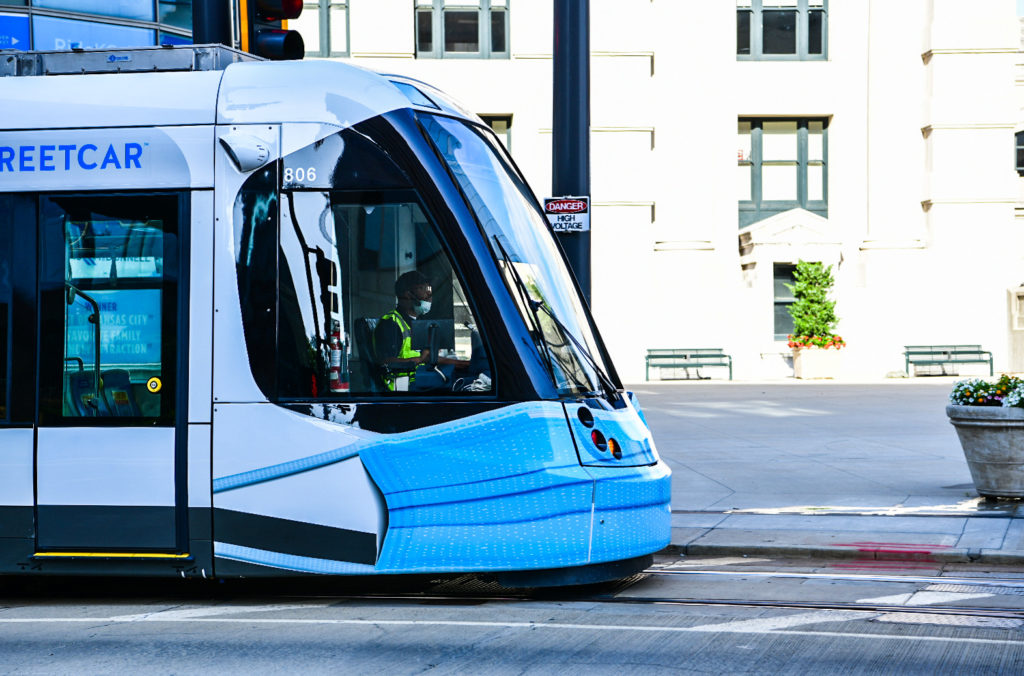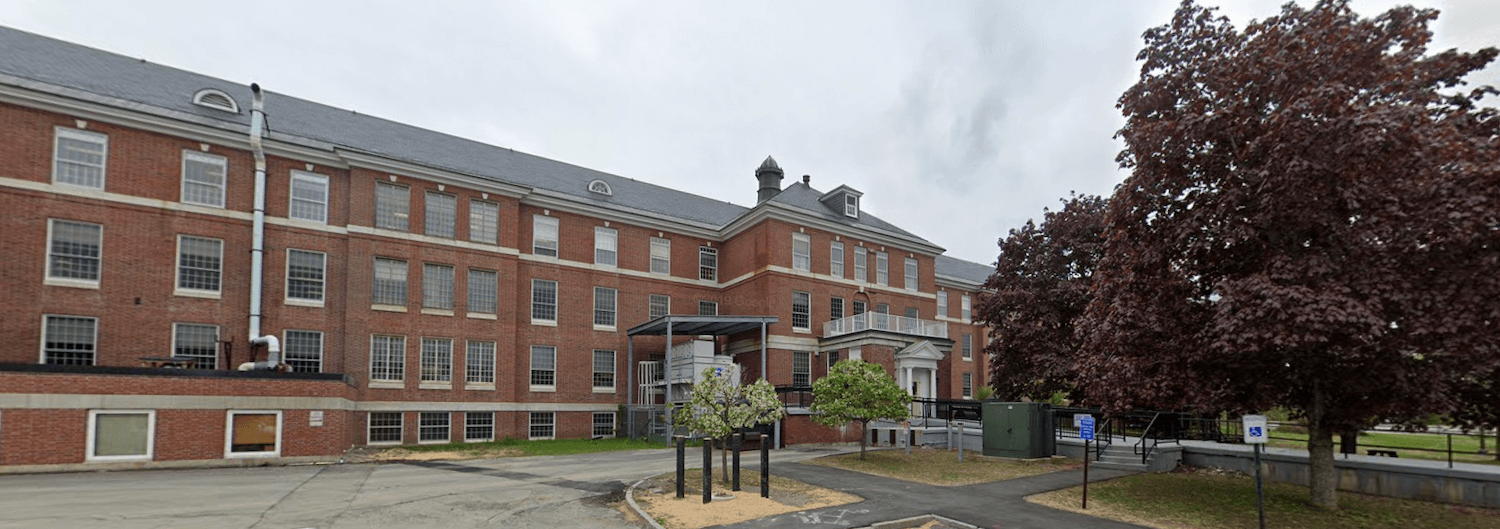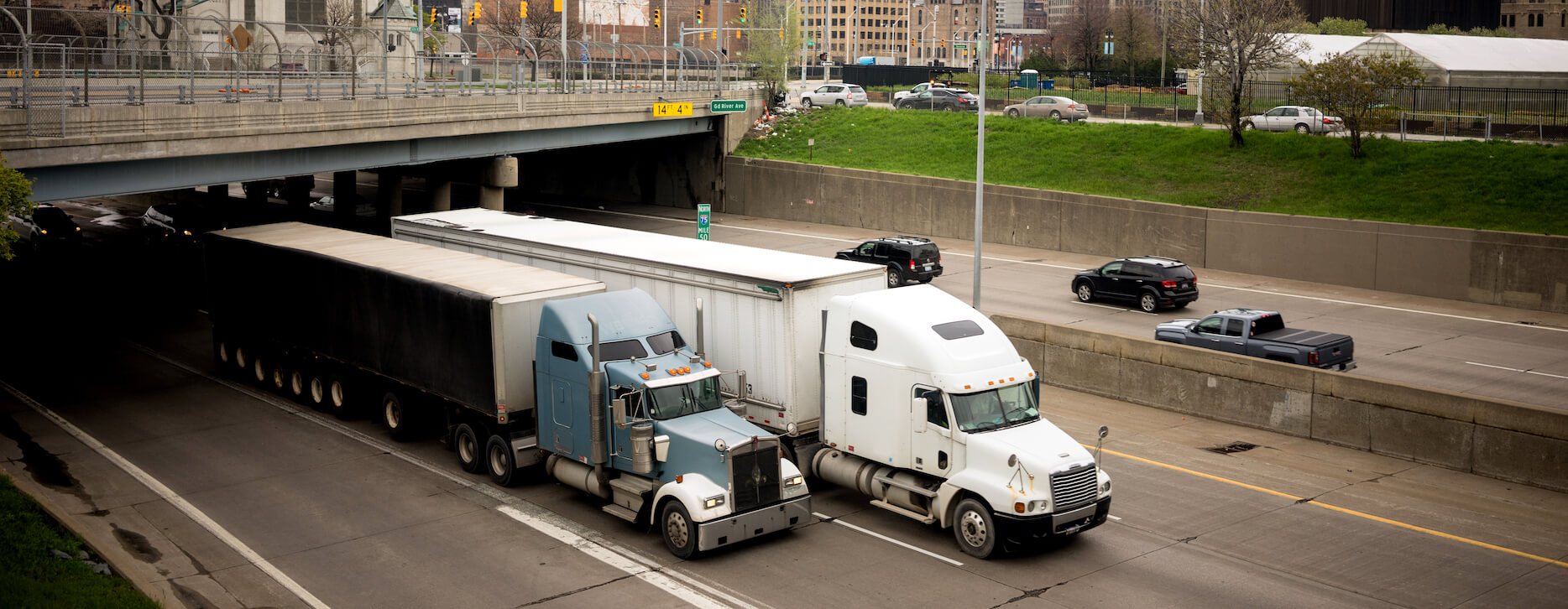Editor’s note: ImpactAlpha has partnered with HIP Investor to highlight upcoming bond issues with social and/or environmental significance. Disclaimer: Nothing in this post or on ImpactAlpha.com shall constitute an offer to sell or solicitation of an offer to buy bonds.
- CUSIP bond identifier: 485106A24
- Issuer: City of Kansas City Missouri (2021 population: 508,394)
- Issuing entity: Transportation District of Kansas City, MO-KS
- Muni sector: Transportation
- Closing date: 04/19/2023
- Bond amount: $66 million
- Coupon: 5%
- HIP Impact Rating: 54.7% connoting “net positive” (higher than 50 on 100-point scale)
- Opportunity Zones in the issuing county: 42, equaling 113,894 citizens
Kansas City Bond for Sustainable Light Rail
Bond description: A recent $66 million Kansas City Bond issuance (CUSIP 485106A24) is supporting financing of what could ultimately cost $350 million (with federal funding included) for a 3.5-mile extension of the Kansas City Streetcar, expanding downtown to the community’s University of Missouri – Kansas City university campus. The Kansas City Streetcar has been the center of attention for residents, especially as the city’s local economy booms.
In 2011, voters approved funding for the KC Streetcar in alignment with the city’s downtown revitalization plan. The original 2.2-mile track line opened initially in 2016 and gave access to clean energy transit to over 5,000 residents and 65,000 employees working in the downtown metro. The extension will expand the track line when completed to 5.7 miles, connecting downtown Kansas City to the University of Missouri – Kansas City.
HIP Impact analysis
Since the KC streetcar’s opening, the city has maintained its pledge to provide a clean energy and sustainable transit system. Notably, The KC Streetcar is the first transit project nationally to achieve the Envision Platinum Award for top environmental design in sustainable infrastructure by the Institute for Sustainable Infrastructure (ISI).
The sustainability of infrastructure projects, such as the KC Streetcar, are evaluated using the Envision ISI rating system, which examines five categories: (1) quality of life, (2) leadership, (3) natural surroundings, (4) allocation of resources, and (5) climate and risk management. The award is focused on recognizing projects that promote beneficial social, economic, and environmental impacts on a community during the preparation, design, and construction of infrastructure projects.
For example, the KC Streetcar project planning accounted for water management and stormwater runoff, implementing strategies to control erosion and encourage natural groundwater replenishment. Additionally, the KC Streetcar project aimed to reduce waste production, reuse, or divert waste from landfills, and incorporate eco-friendly infrastructure solutions wherever possible.
HIP’s rating methodology for the muni-bond transportation sector analyzes 16 metrics that quantify how citizens can benefit via safe, affordable roads and commuting. The HIP metrics for transportation districts include: quality of road conditions (how worn and “rough” they become according to international standards), transportation affordability (related to percent of citizen income spent on transport), commuting modes (e.g. alone by car, carpooling, public transit, biking, walking), availability of low carbon and electric vehicle incentives, per-capita energy for transport purposes (in BTU thermal units), diesel-particulate matter in the air, and road fatality rates.
Eco-friendliness and economic development are prominent themes in the planning and motivation for the KC Streetcar; both are emphasized within the KC Streetcar Benefit-Cost Analysis (BCA) report . For eco-friendliness, the BCA report estimates that from 2020 to 2049, the use of the KC Streetcar would reduce CO2 carbon emissions by approximately 50,000 tons, including reductions in vehicle usage and mileage.
The BCA report forecast a reduction of approximately 210 million Vehicle Miles-Traveled, which equates to a reduction of approximately 905,000 in Vehicle-Hours Traveled. In addition to the estimated reduction of 50,000 tons CO2, the report forecasts the KC streetcar will generate $24.6 million in present-value benefits over the 2020-2049 time period, due to the reduction in vehicle usage.
The Envision Award assessment not only acknowledges the KC street project for its contribution to enhancing the sustainability of the environment over time but also improving local circulation and connecting downtown Kansas City, supporting economic development goals. Although, for many “Kansas Citians,” there is concern about whose economic goals are being acknowledged. Is it keen on developers or life-long residents?
Ripple effects: Affordable housing?
While HIP’s impact ratings primarily focus on the core mission, like affordable transportation, there can be additional positive ripple effects from muni bonds. In this Kansas City bond, some of those ripple effects could include the potential for more affordable housing, yet there is a possibility of widening gentrification, which would result in a “net negative” impact if housing affordability erodes.
Economically, Kansas City is on the rise, with a boom in downtown retail development, sport stadiums arising for the professional women’s soccer team, the Rock Island Bridge project bringing a boardwalk of restaurants and bars to connect either side of the Missouri river. The increase in downtown development will only accelerate as KC gains in popularity and the City expands to accommodate the influx of tourism from hosting large scale events such as the NFL’s football player draft and the upcoming 2026 World Cup for soccer.
With the rise in popularity, there also comes a rise in home prices. Especially around the extension tracks of the KC Streetcar. A recent article from local news media KCUR, details how Mac Properties, a Chicago-based developer company, is pursuing tax incentives from the Kansas City Area Transportation Authority for a $100 million project, mixed-use development in Midtown KC near the KC street car track. The development company sought to have a 75% reduction in property taxes on the basis of the project being aligned with “affordable housing”.
For housing authorities to receive a social bond designation, the use of proceeds must be applied to financing the construction, rehabilitation, and/or the preservation of quality affordable housing for low and moderate income populations in the United States. The primarily served community should be individuals and families with low or moderate incomes. Strictly speaking, low-income is defined as less than 50% of the area’s median family income and moderate income is between 50% and 80% of the area’s median family income. Multifamily housing bond developments must set aside at least 40% of the apartments for families with incomes of 60% of AMI or less, or 20% for families with incomes of 50% of AMI or less.
In comparison, Mac Properties’ proposal had set aside only 10% of units for people making 60% below the median family income set by the U.S. Department of Housing and Urban Development, and only another 10% had to be affordable for those making 30% or below the median family income. This is lower than the 40% benchmark. Thus, the members of the Kansas City Council, with its community focus, denied Mac Properties’ proposal and instead awarded funding to the Rehabilitation Assistance for Midtown Properties (RAMP) program, which offers financial assistance for home maintenance and rehabilitation. The Housing Trust Fund will receive a majority of the surplus money.
Overall HIP Rating = “Net positive”
At HIP, with our analysis of wealth and equality metrics across the sectors of transportation and housing, HIP aims to identify and highlight the issuing authorities who perform highly, despite having lower amounts of resources.
HIP performs geographical-based analysis of high-performing issuers located within higher-need, lower-income communities and analyzes the tendencies of these types of issuers. HIP finds that higher-impact housing authorities have loan mixes with greater support for lower and moderate income families by allocating 40% of units or more to families in need. Additionally, HIP finds that the governance practices of these housing and general government authorities are focused on communities with higher proportions of multi-generation, low-income families – with loan structures designed to keep families together.
Investors interested in higher-impact transportation bonds should consider this issuance. This KC Streetcar transportation-related bond issuance receives a 54.7% (on 100 point scale, connoting “net positive”) overall HIP Rating. Although “net positive,” when compared to other transportation authorities, KC finds itself below the average of peers in the transportation sector – driven by a lower Earth (environmental) Pillar rating caused by lack of electric transport and heavy reliance on travel by car.
On a positive note, the Transportation District of Kansas City looks to improve in its lowest metric ratings through investment in the KC Streetcar. This project can be a net positive project to connect Kansas City in an exciting and new way.
I live here in Kansas City, and as a member of the local community, the improvement of public transportation has connected the city in new ways while increasing positive environmental and economic impacts.
Going forward, it is important for the KC community to remain vigilant in protecting affordable housing for those in lower income communities to avoid or manage possible gentrification, even with eco-beneficial infrastructure.
Amir Khaleghi is director of impact ratings at HIP Investor.
HIP Investor Inc. is a state-registered investment adviser in several jurisdictions, and HIP Investor Ratings LLC is an impact-ratings firm evaluating impact and ESG on 123,000 municipal entities, 250,000 muni-bond issuances, and 12,000 corporates for equities and bonds. HIP Impact Ratings are for your information and education – and are not intended to be investment recommendations. Past performance is not indicative of future results. All investments are risky and could lose value. Please consult your investment professionals to evaluate if any investment is appropriate for you, your goals, and your risk-return-impact profile.











